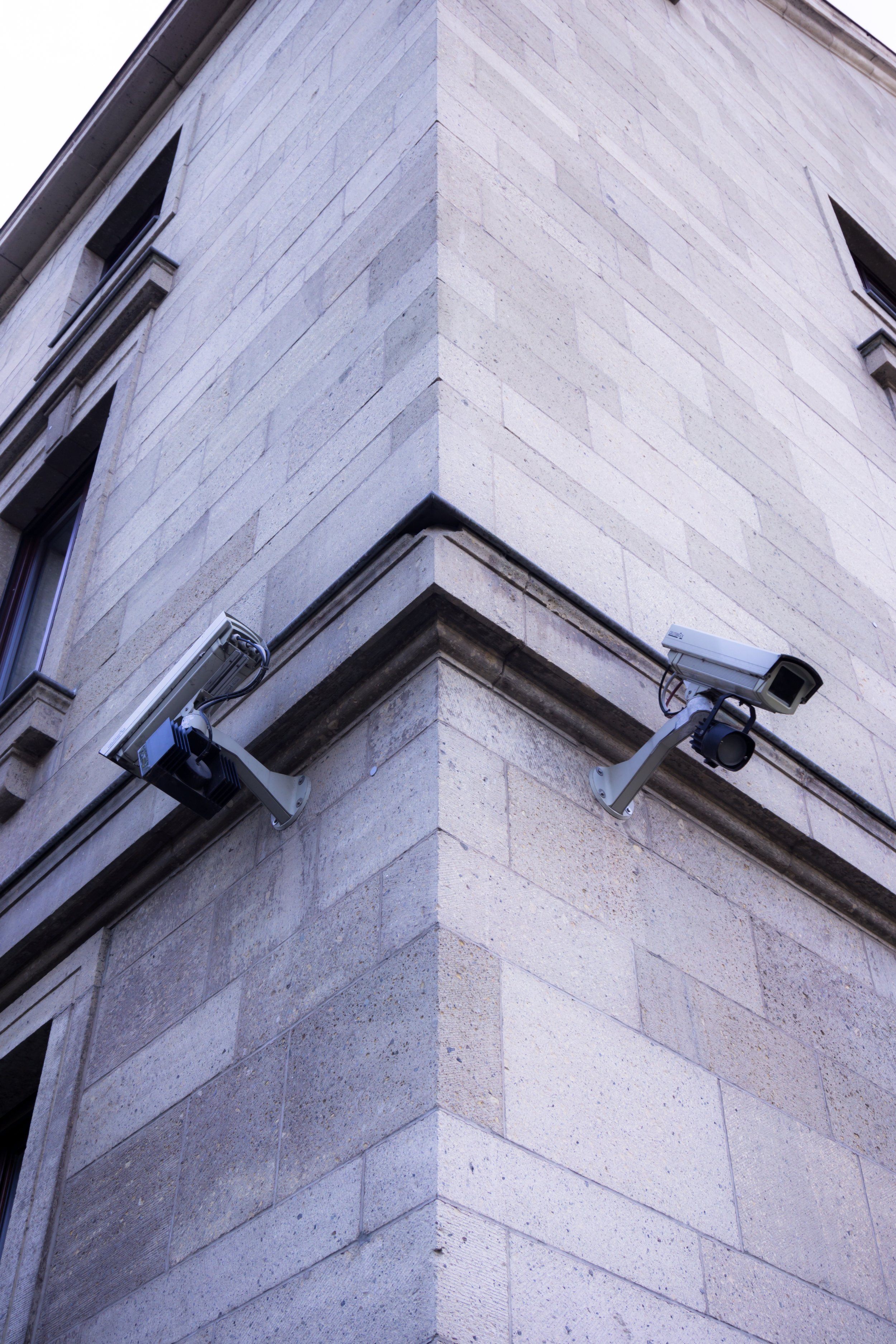Commercial Security Systems
Sekey Electrical provides installation, maintenance, and integration of commercial security systems.
-
Conduct a thorough assessment of the commercial property to determine security vulnerabilities and requirements. Based on the assessment, collaborate with security system designers to create an effective security plan.
-
Install access control systems, including card readers, keypads, biometric scanners, and electronic locks. These systems restrict access to authorized personnel, enhancing the security of the premises.
-
Install CCTV cameras at strategic locations to monitor and record activities on the premises. This includes selecting appropriate camera types, positioning cameras for optimal coverage, and running necessary wiring.
-
Install intrusion detection systems, including motion sensors, door/window contacts, and glass break detectors. These systems alert security personnel in the event of unauthorized entry or suspicious activity.
-
Install security lighting to enhance visibility and deter criminal activity during low-light conditions. Motion-activated lights and perimeter lighting are common elements of a comprehensive security lighting system.
-
Install intercom systems for communication between different areas of the commercial property. This can include doorbell intercoms, internal communication systems, and systems for communication with entry points.
-
Integrate security systems with building automation systems to enable centralized monitoring and control. This integration allows for more efficient management of security features alongside other building systems.
-
Establish the necessary network infrastructure for the security system, including cabling for cameras, access control devices, and intercom systems. This involves coordinating with IT professionals to ensure proper connectivity.
-
Provide the necessary power supply for security devices, including cameras, access control panels, and sensors. This may involve installing dedicated power sources or utilizing Power over Ethernet (PoE) technology.
-
Conduct thorough testing of each component of the security system to ensure proper functionality. This includes testing cameras, sensors, alarms, and communication devices. Commission the system once all components are verified.
-
Provide training for end-users and security personnel on the proper use of the security system. This includes instruction on accessing video feeds, using access control systems, and responding to security alerts.
-
Offer ongoing maintenance services to ensure the continued reliability of the security system. This may include regular inspections, software updates, and prompt resolution of any issues. Additionally, electricians can recommend and implement system upgrades as needed.
-
Ensure that the installation complies with relevant regulations and codes governing security systems in commercial buildings. This includes obtaining necessary permits and adhering to industry standards.
-
Maintain detailed documentation of the security system installation, including system layouts, wiring diagrams, and equipment specifications. This documentation aids in troubleshooting, maintenance, and future upgrades.


